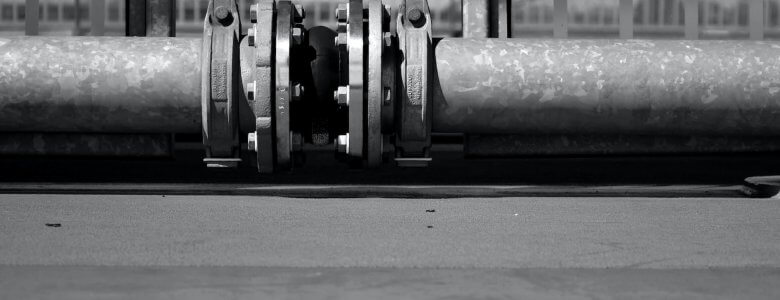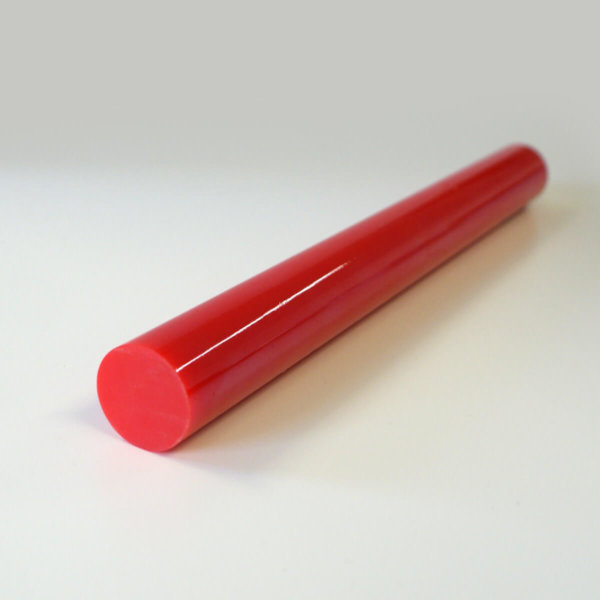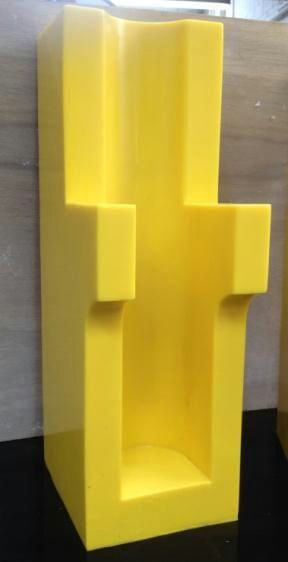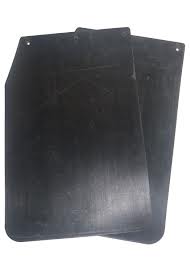When a tight, reliable seal is crucial, specifiers are increasingly using polyurethane gaskets. In this article, we’ll explore what makes polyurethane the perfect choice and how it can ultimately cut down your running costs.
Like many ‘humble’ parts, gaskets serve vital purposes, and their reliability can impact productivity, machinery downtime or even workplace safety issues. Maintaining a perfect seal and avoiding leakage can often be important to protecting product quality too.
Alternatively, your gaskets can be designed to prevent surfaces or moving parts from rubbing together, creating a highly undesirable chain reaction.
This all means that how gaskets are made is something that warrants close scrutiny – particularly as these elastomeric components can be found in so many, varied locations, to achieve a multitude of purposes. This can extend from a small O-ring in an automotive engine, to a substantial gasket used in filtration, pipeline and mining applications for instance.
Gaskets can be engineered from a variety of materials of course, including rubber, metal, copper, and foam. However, increasingly, polyurethane gaskets are favoured.
Is this purely as PU has such a wide range of tensile levels? We’ll get into that in more detail, and pin down the advantages of using PU for a sealing component.
Drawing up specifications for the best gaskets
Machinery is only as efficient as its individual parts. When this is machinery operating in food processing, pharmaceutical, petrochemical or utilities industries, each individual part can be responsible for underpinning production efficiency and safety, and quality of output too.
Gaskets by the nature of their role must be able to withstand high compressive loads. They can’t seal effectively unless their integrity is assured when slotted seamlessly into place and then tested over time.

If gaskets do split, crack, warp or become defective in some other way, there can be a significant ripple effect, including the potential for machinery damage to become widespread.
This demands detailed specifications for gaskets based on dimensions, detailing and malleability, but also function and long-term performance. This is why there are so many shapes, sizes and finishing requirements tied up in the perfect gasket.
One question that can’t be overlooked though, is how long do you need your gasket to operate before it needs to be replaced? Other considerations would include how sanitary you need your gasket to be, how much vibrational energy it needs to withstand, and other environmental factors it would need to cope with.
Related article: Polyurethane in the Furniture Industry
Reasons to source polyurethane gaskets
Polyurethane gaskets have an unrivalled ability to ‘rise’ to any occasion and requirement, whether that’s a gasket being used in cold salt water, or in machinery prone to heat and considerable friction.
PU is well known for its ability to resist environmental extremes, such as chemicals, acids, moisture, oils and mildew for example.
Polyurethane gaskets can also be created to be impressively load-bearing and able to withstand extreme pressure.
There are even applications for polyurethane gaskets that optimise this material’s ability to manage electromagnetic or electrical forces or to provide thermal and acoustic insulation properties. Something as basic as the quiet running of a key piece of machinery can be improved by using polyurethane to dampen noise while it carries out its sealant role.
Related article: Polyurethane Rollers vs Plastic or Rubber Rollers
Which material makes the most durable gaskets?
There is no doubting the ability of polyurethane to match any gasket spec accurately, even when the performance criteria are complex. However, what it also has in its favour is its ability to provide high-strength, durable gaskets that can withstand substantial usage over time.
It can be more lightweight, flexible and practical than hardwearing metal, yet more reliable and durable than plastic or rubber.
This doesn’t just reduce the chance of your gaskets letting you down. Using polyurethane gaskets also means less frequent repairs and replacements, boosting your productivity and reducing your engineering resource use.
Related article: Polyurethane versus Rubber: which is right for your project?
Source polyurethane gaskets
How can you bring together your gasket specifications, with a British-based polyurethane gasket supplier who offers quality, alongside attractive turnaround times and costings?
Simply contact the team at Custom Moulded Polyurethane for a polyurethane gasket quote, and we can give you a delivery timescale to seal the deal.
Want to find out how much it will cost to make your products?




